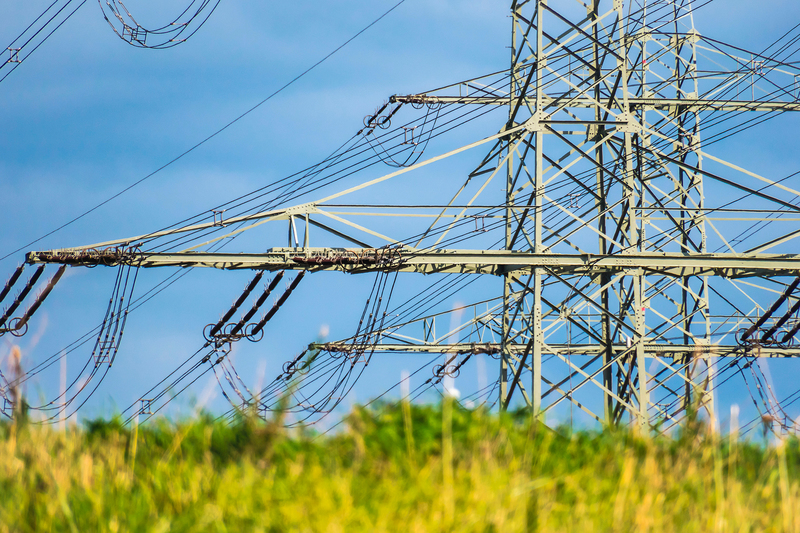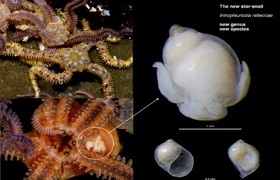Illuminating South Africa's electricity use
30 December 2019 | Story Natalie Simon. Photo Thomas B, Pixabay Read time 3 min.
South Africa’s electrification project since democracy in 1994 has been a remarkable success story. Behind this success story lies a remarkable research endeavour with a number of roleplayers who worked together to collect and process the electricity use of about 15 000 households for a year-long period over the course of 20 years. Thanks to the work of researcher and data scientist, Wiebke Toussaint, at UCT’s Energy Systems, Economics and Policy group at the Energy Research Centre this data is now available for research use.
“This data set provides fascinating insight into how South Africans, primarily in rural areas and townships, use energy and how that energy use has changed in the post-apartheid era as living standards evolved,” says Toussaint.
The academic research outputs were driven by collaborators Professor Trevor Gaunt of UCT’s Department of Electrical Engineering and Professor Ron Herman then at Stellenbosch University and later at UCT’s Department of Electrical Engineering. The two worked with municipalities, South Africa’s electricity public utility (Eskom), external consultants and the Council for Scientific and Industrial Research (CSIR) to collect this data set and used it to inform significant decisions related to the design of the country’s electricity network.
When funding for continued data collection and management diminished, the closed data set lay idle for several years until Toussaint, recognising it’s value, worked with a range of stakeholders publish the data in UCT’s DataFirst archive, the only internationally-certified data repository (with a CoreTrustSeal endorsement) in Africa.
“This data set provides fascinating insight into how South Africans, primarily in rural areas and townships, use energy and how that energy use has changed in the post-apartheid era as living standards evolved.”
In mid-2019 the original data, together with two research-ready versions of the data set, were published by DataFirst for academic use only.
“The anonymised versions of the data can be requested online from DataFirst, while the full confidential data set can only be accessed through DataFirst‘s secure facility,” says Toussaint.
“One of the most challenging aspects of this project was getting buy-in from the many stakeholders involved in the project over the years,” she says. “The CoreTrustSeal endorsement given to DataFirst made our work a lot easier as it gave the stakeholders the necessary confidence that sensitive, personal information would be protected.”
Toussaint’s work was funded by the South African Energy Development Initiative (SANEDI).
For more stories like this, take a look at our 2018-2019 UCT eResearch Report. This work is licensed under a Creative Commons Attribution-NoDerivatives 4.0 International License.
This work is licensed under a Creative Commons Attribution-NoDerivatives 4.0 International License.
Please view the republishing articles page for more information.










